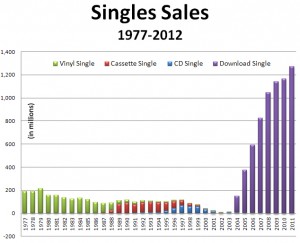Today was the big general strike in Barcelona and across Spain. I swung by Passeig de Gracia in the heart of the city just after noon, when a few thousand people had gathered–enough to shut down the big road, but things were pretty sedate at the time. Mostly tourists taking pictures and protesters eating sandwiches, while the police nervously kept an eye on things.

(This boring pic is mine).
A bunch of protesters marched down Calle Balmes on the way to the main protest, setting off (large) firecrackers and trying to bully local businesses to shut down in solidarity of the strike. Some store owners argued, while others shut their gate until the protesters passed, then opened right up again. Stores owned and operated by immigrants all seemed to stay open–locals protesting for their privileges and entitlements, while new citizens work hard. Typical.
I guess things picked up later, because as I swung by a local market, I noticed a big cloud of something nasty drifting down Gran Via de les Corts Catalanes. Turns out protesters set a bunch of garbage bins on fire, in between spray painting bank walls and picking in windows. In my neighborhood, they just overturned a bunch of garbage cans, but nothing was lit on fire … but it was all still very charming.


(Those great pics are not mine. Taken from AP).
Not that I am a mindless austerity drone. Clearly cut-cut-cutting is not going to revive the Spanish economy, and can be pretty counter-productive. But leftists protesting for “democracy”, just months after losing an election to a right-wing government that is doing just what it said it would do? Ugh.
If only Portugal started working on nuclear weapons and saber rattling, it would feel like home.






